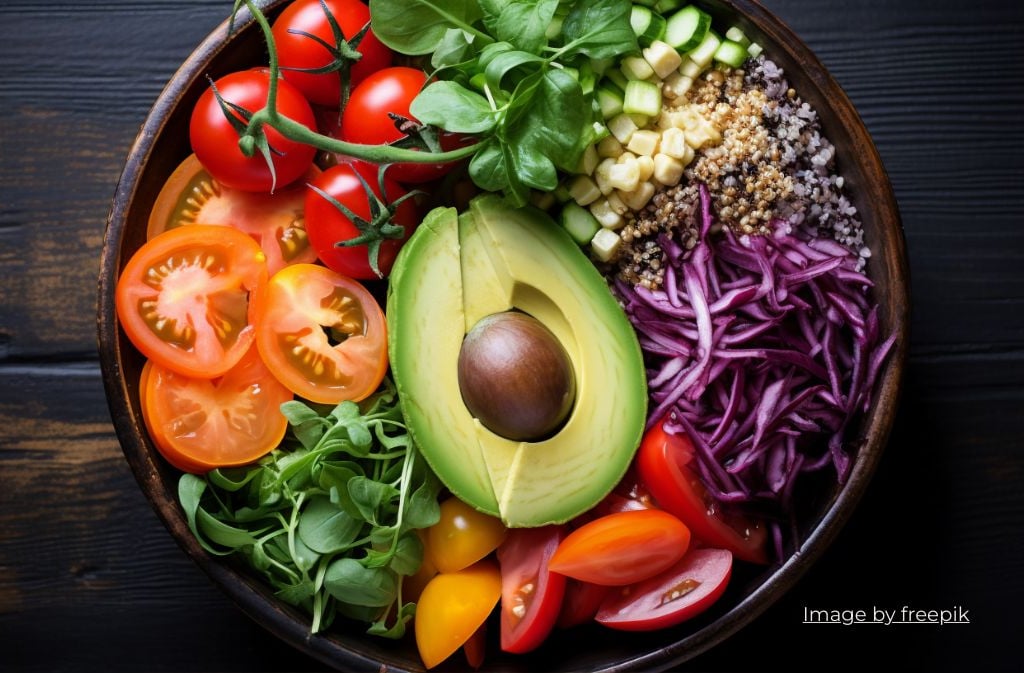
What is Keto Diet? A Complete Guide to the Ketogenic Lifestyle"
In recent years, the ketogenic diet, commonly known as the keto diet, has gained significant popularity for its potential health benefits and effectiveness in weight loss "Yet, many people still ask, 'What exactly is the keto diet?' This comprehensive guide aims to provide a detailed understanding of the keto diet, its benefits, how it works, and practical tips for starting and maintaining this lifestyle.
Dt. Sangeeta Kherde ( Nutritionist, Diabetes Educator)


The ketogenic diet is a high-fat, low-carbohydrate diet designed to put the body into a metabolic state called ketosis. In ketosis, the body becomes highly efficient at burning fat for energy instead of relying on carbohydrates. This metabolic shift has profound effects on both weight loss and overall health.
How Does the Keto Diet Work?
Under normal dietary conditions, the body primarily uses glucose from carbohydrates as its main energy source. However, when carbohydrate intake is drastically reduced, the body must find an alternative fuel source. This is where ketosis comes in. By increasing fat intake and limiting carbohydrates, the body begins to convert fat into ketones in the liver, which then become the primary energy source for the body and brain.


The Science Behind Ketosis
Ketosis is a natural metabolic state that occurs when the body is deprived of carbohydrates. The reduction in carbohydrate intake lowers blood sugar and insulin levels, leading to the release of fatty acids from body fat stores. These fatty acids are then converted into ketones, which provide energy.
Benefits of the Keto Diet
Weight Loss
One of the most widely recognized benefits of the keto diet is its effectiveness in promoting weight loss. By switching the body's primary fuel source from carbohydrates to fats, the keto diet helps to burn stored fat more effectively. Additionally, the high-fat content of the diet can lead to increased satiety, reducing overall calorie intake.


Improved Mental Clarity and Focus
Many followers of the keto diet report enhanced mental clarity and focus. Ketones are a more efficient fuel source for the brain than glucose, which can lead to improved cognitive function and concentration.
Stabilized Blood Sugar Levels
The keto diet can help stabilize blood sugar levels, making it particularly beneficial for individuals with type 2 diabetes or insulin resistance. By minimizing carbohydrate intake, the diet reduces blood sugar spikes and improves insulin sensitivity.
Increased Energy Levels
As the body adapts to ketosis, many people experience a significant boost in energy levels. This is due to the steady supply of energy from ketones, which prevents the energy crashes often associated with high-carb diets.
Foods to Eat on the Keto Diet
To successfully follow a keto diet, it's important to focus on high-fat, low-carb foods. Here are some key food groups to include:


Healthy Fats: Avocados, olive oil, coconut oil, butter, and ghee.
Meats and Seafood: Beef, pork, chicken, turkey, salmon, mackerel, and sardines.
Low-Carb Vegetables: Leafy greens, broccoli, cauliflower, zucchini, and bell peppers.
Dairy Products: Cheese, heavy cream, and Greek yogurt.
Nuts and Seeds: Almonds, walnuts, chia seeds, and flaxseeds.
Berries: Strawberries, blueberries, and raspberries (in moderation).
Foods to Avoid on the Keto Diet
To maintain ketosis, it's crucial to avoid high-carb foods, including:


Sugary Foods: Candy, soda, pastries, and desserts.
Grains and Starches: Bread, pasta, rice, and potatoes.
High-Carb Fruits: Bananas(approximately 27 grams of carbs), apples, oranges, and grapes(around 26 grams of carbs).
Legumes: Beans, lentils, and chickpeas.
Processed Foods: Packaged snacks, fast food, and processed meats.
Tips for Starting the Keto Diet
Plan Your Meals: Planning your meals in advance can help you stay on track and avoid high-carb temptations. Generally, popular ketogenic resources recommend getting 70-80% of your daily calories from fat, 5-10% from carbohydrates, and 10-20% from protein.
Stay Hydrated: Drinking plenty of water is essential on the keto diet to support digestion and overall health.
Monitor Your Macros: Keeping track of your macronutrient intake (fats, proteins, and carbs) can ensure you stay within the necessary limits to maintain ketosis.
Be Patient: Transitioning to ketosis can take time. Be patient with your body as it adapts to the new energy source.
Listen to Your Body: Pay attention to how your body responds to the diet and adjust your food intake as needed.
Potential Side Effects and How to Manage Them


Some people may experience side effects when starting the keto diet, often referred to as the "keto flu." Symptoms can include fatigue, headache, dizziness, nausea, and irritability. These symptoms are typically temporary and can be managed through the following methods:
Staying Hydrated: Drink plenty of water and consider electrolyte supplements.
Getting Enough Sleep: Ensure you are getting adequate rest to support your body's adaptation process.
Gradually Reducing Carbs: Instead of cutting carbs drastically, try gradually reducing your intake to ease the transition.
Conclusion
The ketogenic diet is a powerful tool for weight loss, improved mental clarity, stabilized blood sugar levels, and increased energy. By understanding what is keto diet and how it works, you can make informed decisions about whether this lifestyle is right for you. It's important to consult with a healthcare professional before making any major changes to your diet. If you decide to embark on the keto journey, be patient with yourself, stay informed, and enjoy the potential benefits of this transformative diet.
Frequently asked questions
Is the keto diet safe for everyone?
The keto diet is generally safe for most people, but it’s essential to consult with a healthcare professional before starting, especially if you have underlying health conditions like Irritable bowel syndrome (IBS), osteoporosis, kidney disease, high cholesterol and other blood fat level, obesity with comorbidity or are taking medication.
How long does it take to enter ketosis?
Entering ketosis can take anywhere from 2-4 days of following a strict ketogenic diet, but this can vary based on individual metabolism, activity level, and adherence to the diet.
Can I exercise on the keto diet?
Yes, you can exercise on the keto diet. However, you might need to adjust your activity level and type of exercise as your body adapts to using fat for fuel. Many people find they can return to their regular exercise routine after a few weeks on the diet.
Can I eat out on the keto diet?
Yes, you can eat out on the keto diet by choosing dishes that are high in fat and low in carbs. Look for options like salads with olive oil, grilled meats, and non-starchy vegetables. Always ask about ingredients and preparation methods to ensure your meal fits your dietary needs.
What is the difference between keto and other low-carb diets?
The primary difference is the macronutrient ratio. The keto diet is very low in carbohydrates (typically less than 5-10% of total calories), high in fats (around 70-75% of total calories), and moderate in protein (about 20-25% of total calories). Other low-carb diets may allow for higher carbohydrate intake and typically do not emphasize the high fat intake that is central to the keto diet.
How long should I follow the keto diet?
The duration of following the keto diet can vary depending on individual goals and health conditions. Generally, it's not recommended to follow the keto diet for more than six months at a stretch.
